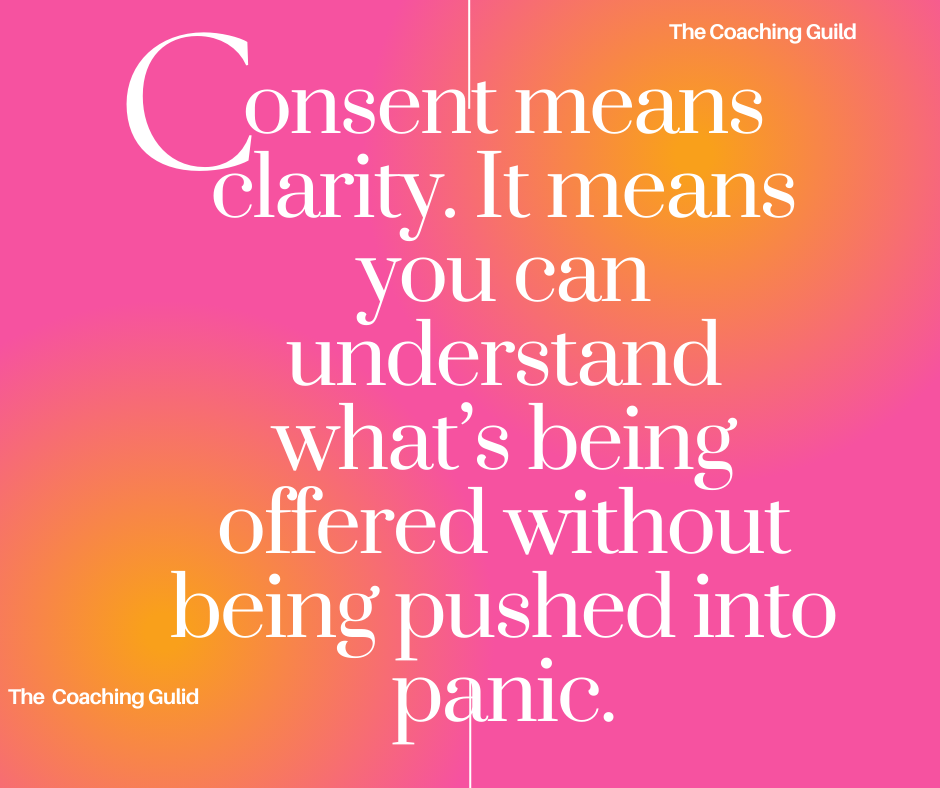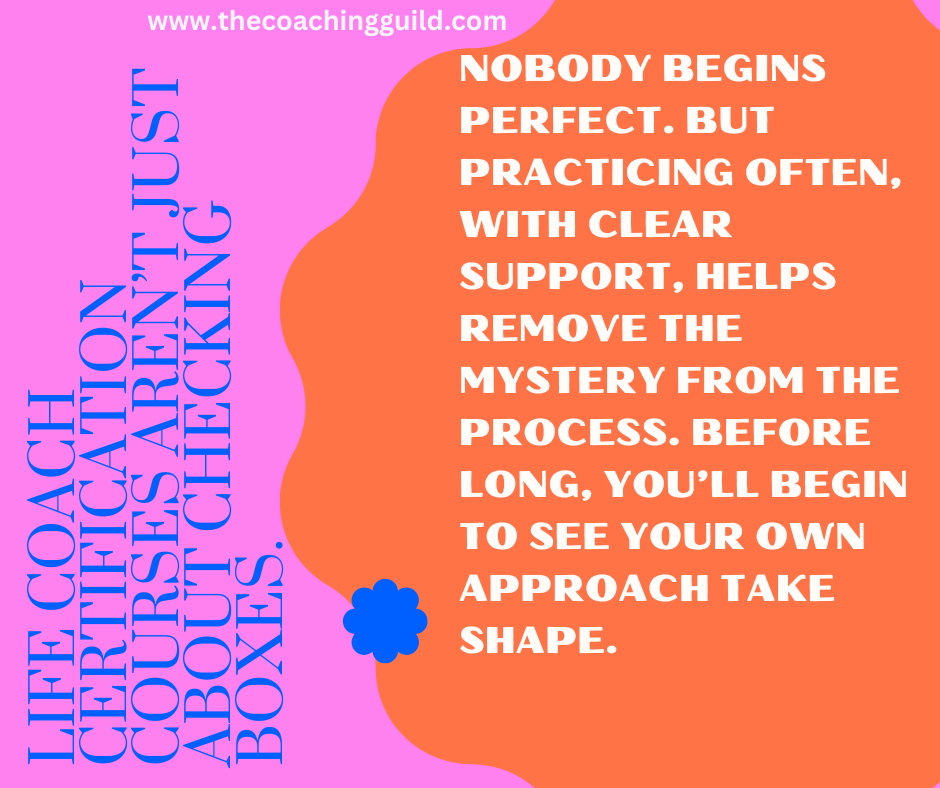Cultural Competency with Iyabo Onipede
What's Happening at The Coaching Guild
We are just wrapping cultural competency training with Iyabo Onipede.
These conversations are challenging, dare I say even confronting at times. They are confronting because you can’t talk about cultural competency without addressing white supremacy culture. Let’s face it; the coaching industry has a whiteness problem.
Coaching directories are packed from top to bottom with people who look like I do. Generally speaking, the poster child for a successful coach will look like a perky white woman doing life coaching or a grey-haired old white man in corporate coaching. In 2020 the coaching industry went through a whiteness reckoning of sorts.
Some of our biggest names were called out for some very public missteps regarding race and equity. Equity and accountability became hot-button issues. We were forced to talk about it openly for the first time. It wasn’t always graceful. A lot of people who work in this space had some changes to make. However, for all the public posturing, more importantly, the white coaching industrial complex had some private soul-searching to do.
Why?
White supremacy culture is systemic, inside coaching, and in society at large. Talking about that feels awkward and innately uncomfortable, especially for white people. Words like race and racism make white people dare I say, white coaches, quake. That said, as coaches, personally and as a collective, we have to learn differently. Those attitudes of white supremacy, especially the ones we don’t see, are harmful to clients of color and, frankly, dangerous to our profession as we move forward in a very multicultural world.
White coaches need to learn to see their whiteness. They need to know how to decenter whiteness in their work.We need to be taught to accept other cultures as valuable, embracing differences instead of unintentionally enforcing white norms on our clients and audiences. Learn and taught are key and critical words. On the macro-level, in a society, and the micro-level, in a profession that is built systemically on white is right culture, white people can’t see themselves in a system of oppression without being educated – and make no mistake, the coaching universe is built within a system of oppression.
Whew…
If you just read all of the above and you’re overwhelmed and confused, or maybe offended, you are pretty likely white. If you read it and thought to yourself, yep, that makes sense, you probably aren’t white. Enter Iyabo…Iyabo’s work has changed my coaching practice and, frankly, changed my life. She has influenced and impacted the creation of the entire curriculum at The Coach Guild.
Iyabo knows her way around this work. I have never met an expert with such a depth of knowledge on these very complicated issues who has such profound compassion. Additionally, Iyabo is a coaching “insider”. She understands coaching from the perspective of both coach and client. She knows how coaches and clients interact with the potential of deep influence a coach can have on a client, which can be a source of profound harm or powerful transformation. Iyabo provides the kind of training I didn’t realize I needed when I started my coaching practice.
Having the opportunity to get this kind of training from the beginning of a coaching practice, or frankly at any point along the way, is both practice shifting and life-changing.
If you are a rebel, outsider, creative, or good trouble-maker who is interested doing coach training differently, check us out at:www.thecoachingguild.com


